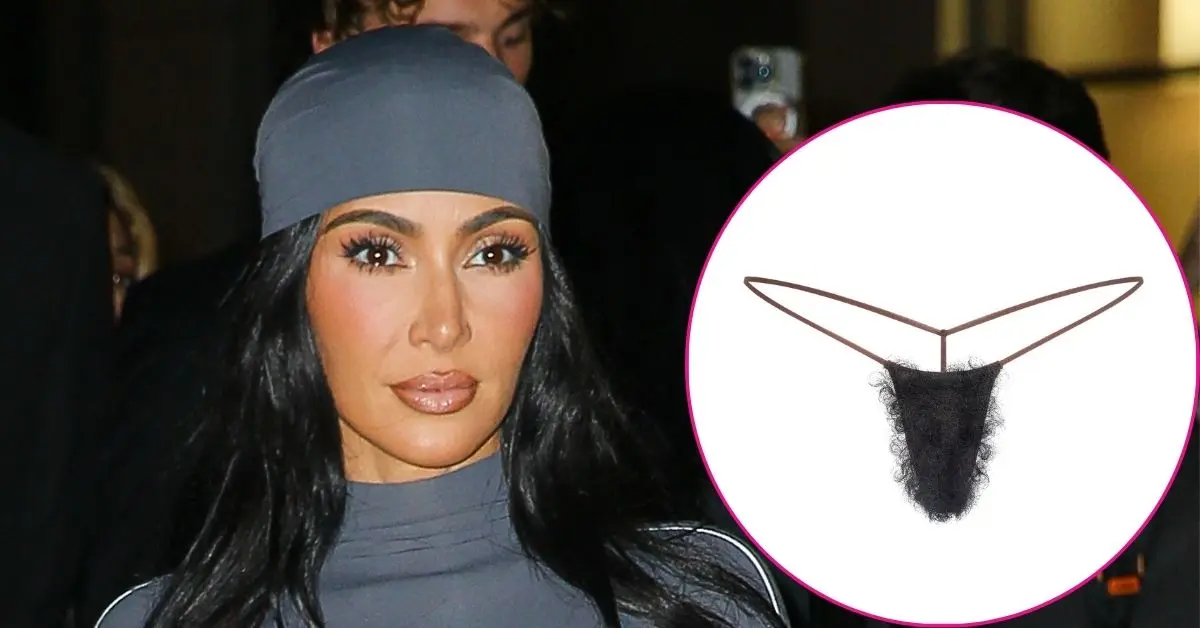In recent months, Ivory Coast has emerged as a troubling ground for the L.G.B.T.Q. community, previously recognized as one of West Africa's more progressive nations. Reports indicate a concerning spike in violence and intimidation against gay men and transgender individuals in major cities, particularly Abidjan. This transformation has alarmed activists and advocates who had once considered the country a safe sanctuary amidst regional prejudices.
Incidents of assaults and public aggression have surged, coinciding with a viral surge of influencers on social media who urged their followers to "hunt woubis," derogatory slang targeting effeminate gay men. Footage circulating online documents an increasingly hostile public atmosphere, including instances where soccer fans displayed homophobic banners with fervor.
The political landscape has shifted as well. A younger lawmaker linked with the ruling party is lobbying for legislation designed to combat what he refers to as the "expansion" of homosexuality, further intensifying the fear within the L.G.B.T.Q. community.
Human rights groups are voicing their concerns, fearing that the wave of intolerance seen across many other West and Central African nations is now infiltrating Ivory Coast as well. Prominent activist Carlos Idibouo remarked on the prevailing anxiety within the community, reflecting on the significant changes that have led many to question their safety and acceptance in society.
Once considered a bastion of peace for L.G.B.T.Q. individuals, the growing hostility may ultimately threaten the fragile fabric of tolerance that was woven in the country’s recent history. Today, many are left to ponder the question: Is safety in Ivory Coast’s future?
Incidents of assaults and public aggression have surged, coinciding with a viral surge of influencers on social media who urged their followers to "hunt woubis," derogatory slang targeting effeminate gay men. Footage circulating online documents an increasingly hostile public atmosphere, including instances where soccer fans displayed homophobic banners with fervor.
The political landscape has shifted as well. A younger lawmaker linked with the ruling party is lobbying for legislation designed to combat what he refers to as the "expansion" of homosexuality, further intensifying the fear within the L.G.B.T.Q. community.
Human rights groups are voicing their concerns, fearing that the wave of intolerance seen across many other West and Central African nations is now infiltrating Ivory Coast as well. Prominent activist Carlos Idibouo remarked on the prevailing anxiety within the community, reflecting on the significant changes that have led many to question their safety and acceptance in society.
Once considered a bastion of peace for L.G.B.T.Q. individuals, the growing hostility may ultimately threaten the fragile fabric of tolerance that was woven in the country’s recent history. Today, many are left to ponder the question: Is safety in Ivory Coast’s future?




















